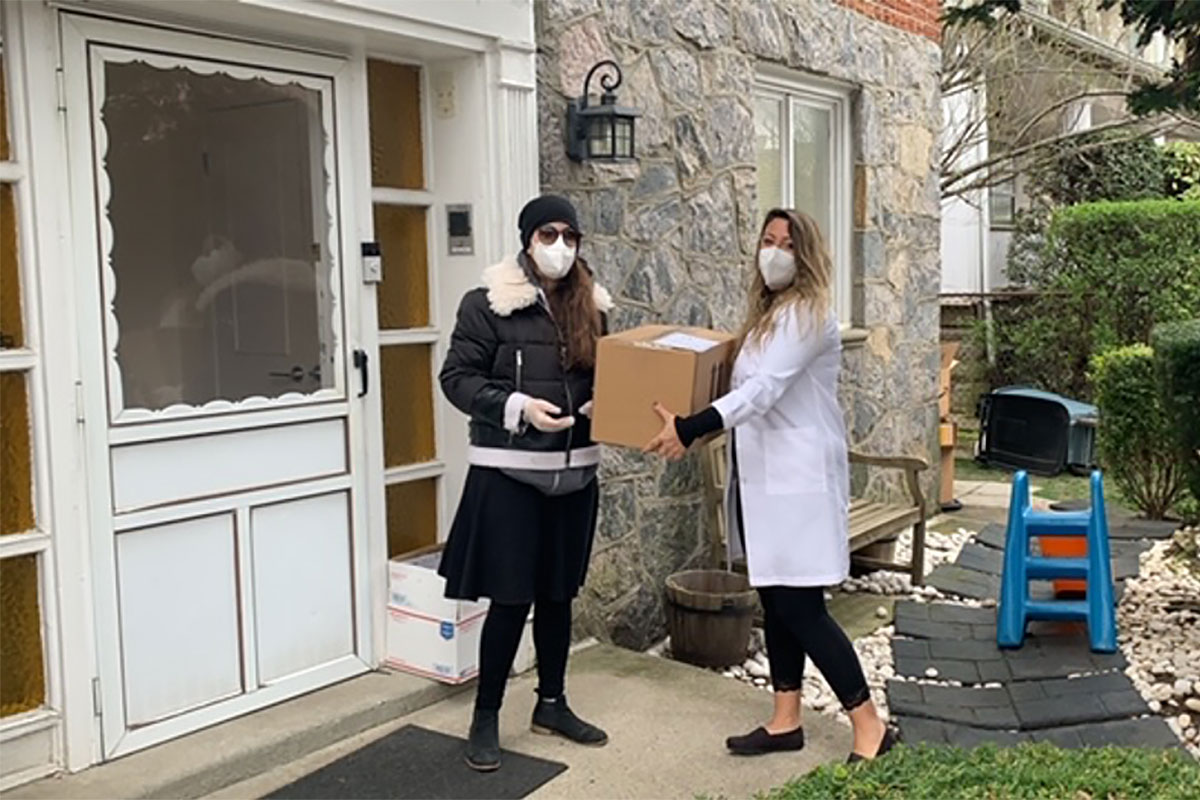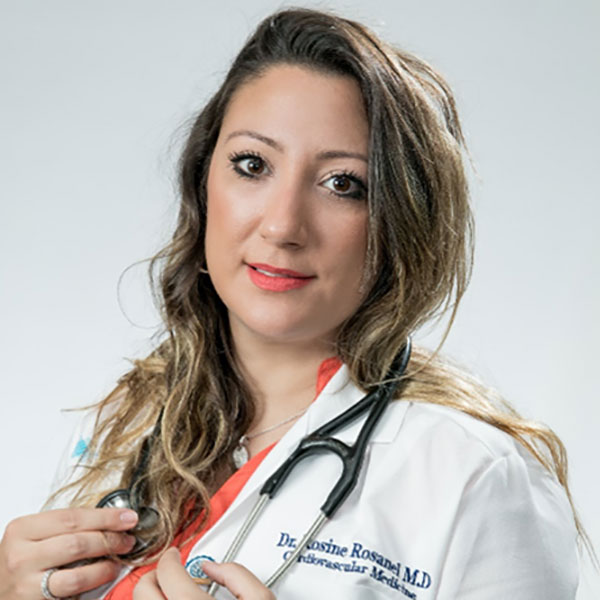Lessons Learned From COVID-19: We Are All In It Together
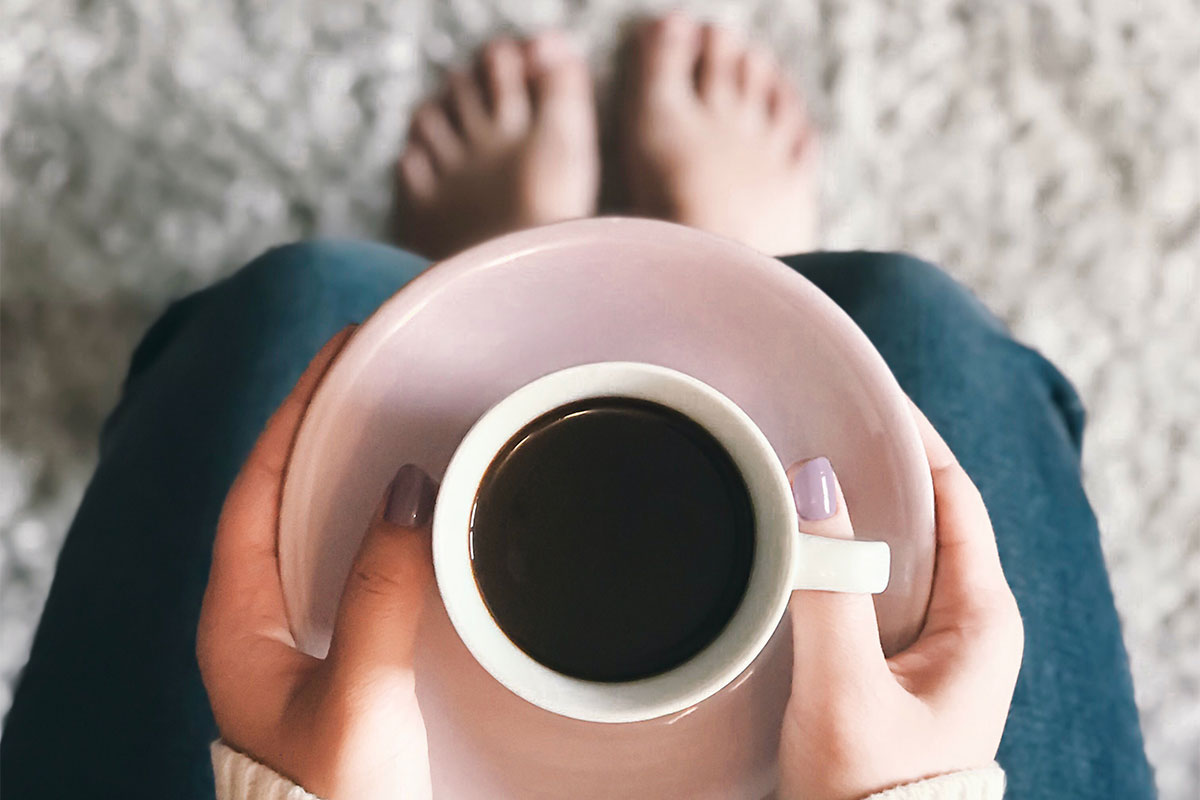
Life Before the Pandemic
I grew up in my native France and worked toward my dream of becoming a cardiologist. I completed my internal medicine training and was settling into a manageable, orderly schedule as a first-year cardiology fellow while enjoying my responsibility as a mother of three. Life was busy but organized.
Post 24-hour shift, I would make sure to enjoy a coffee date with my husband. Then on my rare weekend off, I would make sure to visit museums and spend quality time with the kids. We had a routine, a rhythm.
The Pandemic
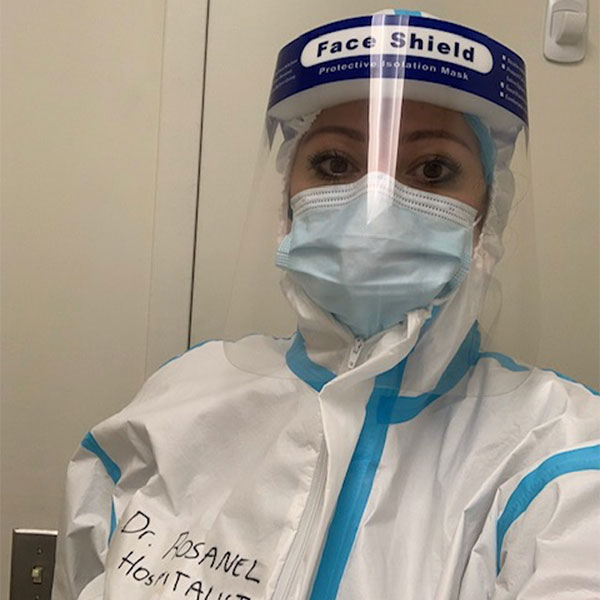
It did not take long before our hospital in Brooklyn, NY, found itself in an epicenter of a pandemic. We were hit hard, as were most other hospitals in New York City.
The exponential growth of the hospital's patient census was dramatic. Two patients diagnosed in the second week of March became a hundred the following week, peaking at 450 infected patients within two weeks – requiring the hospital to dramatically expand its bed capacity and facilities to care for an ever expanding need for intensive care, straining hospital resources and demanding that all staff focus their attention almost exclusively on the Coronavirus.
We were treating one disease only. We had never witnessed anything like this before. It was all hands on deck. Medical floors were converted to accommodate intensive care. Cardiology fellows had to put down their "cardiology hats" to become hospitalists – leading codes and rapid responses. Surgery and orthopedic residents were deployed as "medicine residents."
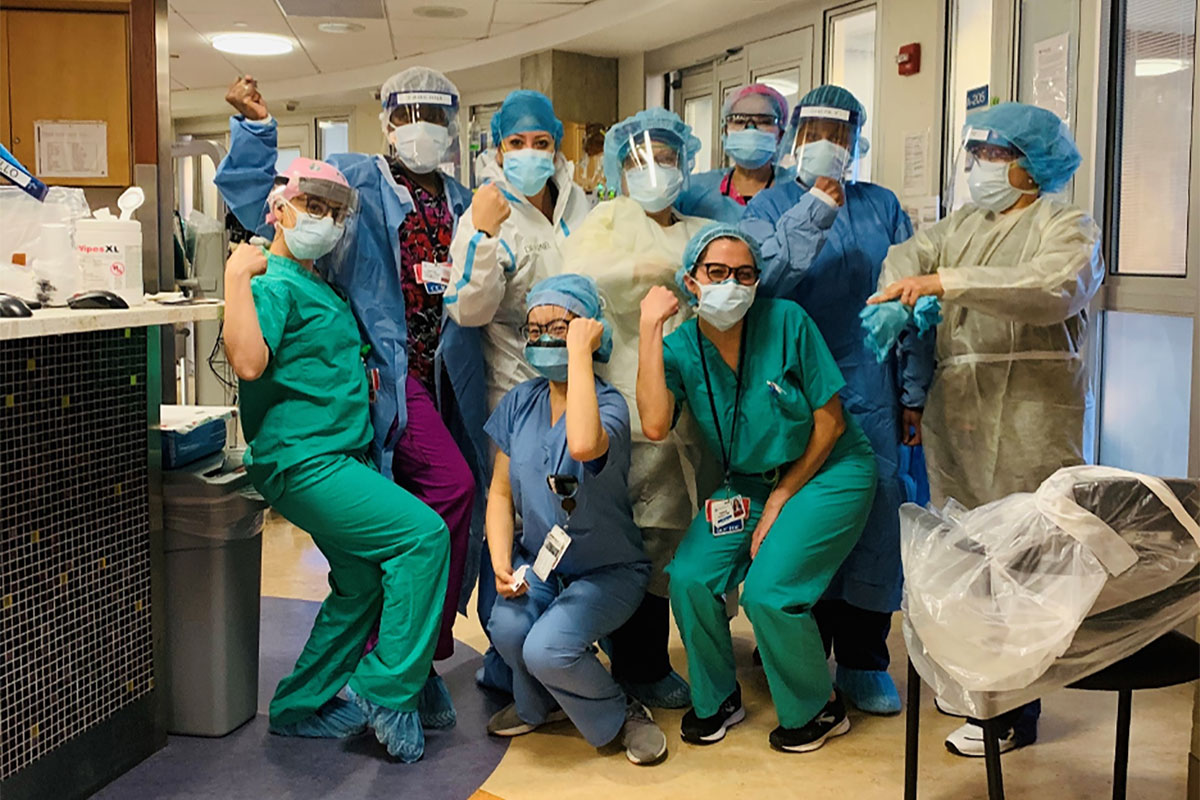
COVID-19 disrupted everything in its passage. No one was prepared for the frenzied environment and no one was prepared to see so many patients die.
At times we felt helpless – intubate? Do not intubate? Give fluid? Hold fluid and diuresis? It seemed as if no matter what we did and how hard we tried, they were still dying.
There is also a flip side to this story.
Physician specialists – accustomed to working within specific silos – were suddenly gathering with common purpose to address a threat they had never seen. Nurses, PAs, NPs, and respiratory therapists came from all over the U.S. to help and were immediately integrated into the effort.
Local restaurants sent food every single day so that we did not have to remove our PPE to go buy food. The communities around us rallied and organized themselves to provide us with more PPE, masks, hazmat suits and goggles. A local business donated chargers and power banks, another one donated fleece.
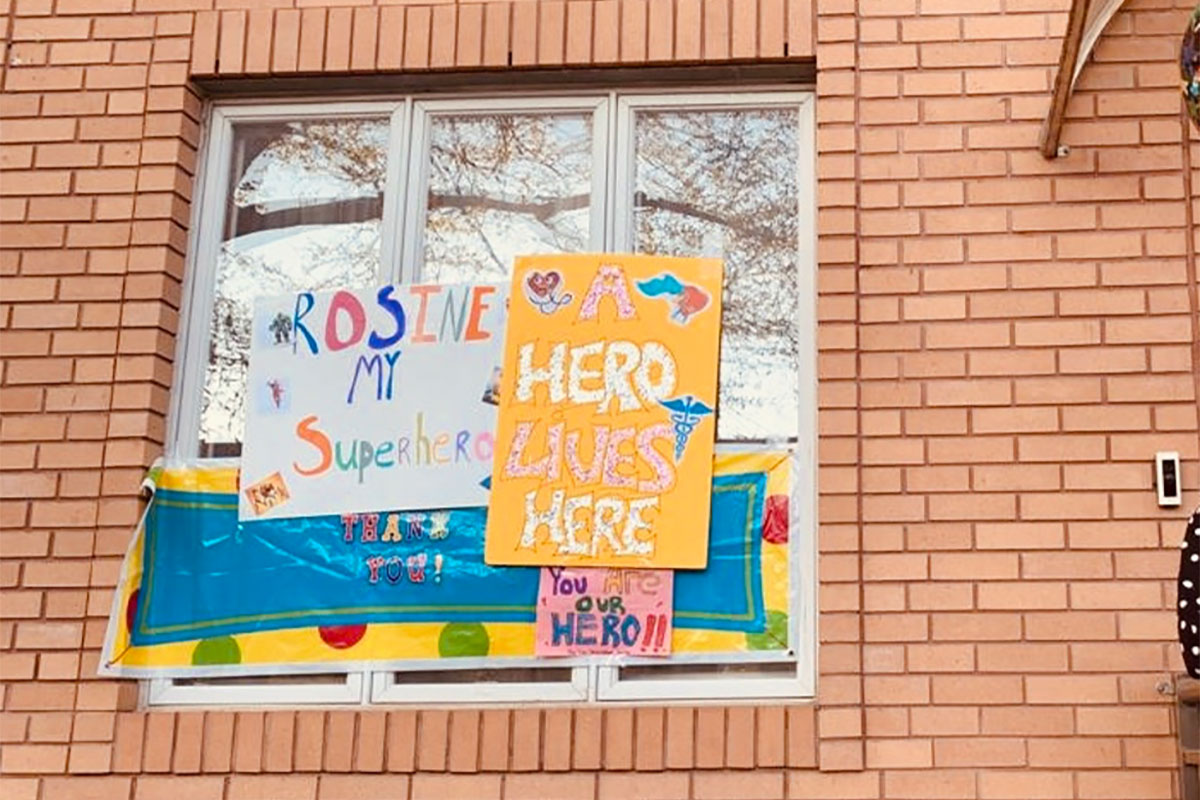
The recognition for our hard work and for health care workers around the world was unprecedented. The organized outdoor applause and cheering events every day at 7 p.m. in Manhattan to cheer us up gave us strength to continue – despite feeling despondent about the loss of life surrounding us that we, at times, felt helpless to prevent.
After a particularly trying day, I returned home to find that my neighbors and friends arranged a surprise drive-by in front of my house – clapping, honking and displaying signs: "A hero lives here," "Thank you."
Eerily with all the devastation, grief and despair, it has simultaneously been a truly uplifting experience. This pandemic has somehow brought humanity closer together and demonstrates the valiant goals we can when we put aside differences and act as one.
